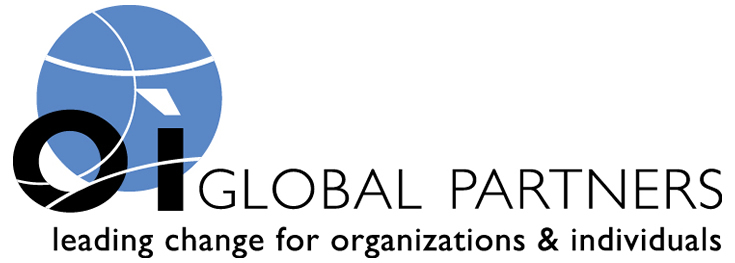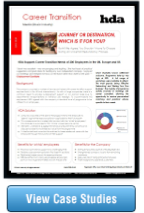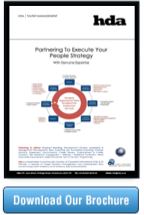Monday, October 20, 2014
by C Farris – OIGP USA
Landing a job is the end goal for all job seekers, but a proactive job search isn’t as simple as that. It’s often a long process that includes
resume building, networking, seeking out positions and the dreaded interview. Job seekers can get stuck in any one of these job search checkpoints. One place that we commonly see our clients struggle is with the interview. Having dozens of unsuccessful interviews can be both frustrating and discouraging. Here are 5 key tips for better interview performance:
1. Bring Your Resume. Make sure that your resume is up to date, personalized and customized to the position you are interviewing for. A well-crafted resume should include key accomplishments from your previous positions and use descriptive action words that clearly describe how you contributed to the company’s success. Make sure it speaks to the value you bring and why you are the best candidate for the position. Know the content on your resume well so that you can use it as a tool to address the questions they ask.
2. Prepare Your 30-Second Commercial. You may have also heard of this as an “elevator pitch.” It’s likely that the interviewer will open with a general, “tell me about yourself” question. While the question seems simple to answer, the broad topic under the pressure of an interview can be tricky for some. Practice describing yourself in 30 seconds or less. You’ll want to quickly tell them who you are, what you do and the value that you bring. Make sure that it’s a memorable message that makes the interviewer want to learn more about you.
3. Do Your Research. This is critical to your interview success. You don’t need to know the company inside and out, but you should have a very good idea of the company as a whole. Research the company’s web page, get to know what their products or services are and research their industry and how they compare to other similar organizations. It’s also good practice to know their mission statement, core values and general company information. Good company research will give you the knowledge to answer the questions as well as ask questions of your own.
4. Practice, Practice, Practice! If you have a career coach, use a portion of your time with them to practice your interviewing skills. They may suggest a practice or “mock” interview. If you don’t have a coach accessible, you can practice using a video camera. Record yourself answering practice interview questions and then review the recording to see questions you may need to give more attention to or areas of improvement. The more you practice, the more confident and prepared you will be during a real interview.
5. Don’t Forget About The Little Details. Do you know the address of the interview location and the best way to get there? Plan ahead to avoid a late arrival. Arriving late could tarnish even the best of interviews. Confirm the date, time and location ahead of time. Make sure to dress appropriately. Generally, conservative business attire is the best option. Error on the side of over-dressed rather than under. Go to bed early the night before your interview so that you are refreshed and ready in the morning. Be punctual, shake their hand, say thank you and make good eye contact. These simple details can make a big impact on the interviewer and ultimately influence the outcome of the interview.
What are your thoughts on preparing for an interview? What other tips have you found useful? Please share in the comments!














